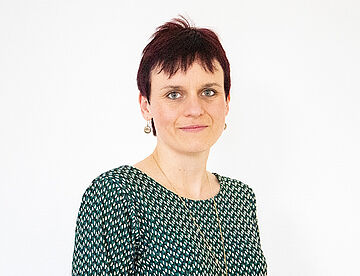Local Digital Public Spheres
The research group is funded by the German Research Foundation (DFG) as an Emmy Noether group under the full title “Place-Based Issue Publics: The Rearrangement of Local Public Spheres in a Digitalized and Globalized World”. It investigates how public discourses on places are organized in the digital sphere and what role local actors play in this process.
In the context of digitalization and globalization, local public spheres are undergoing significant changes. Local events are now regularly negotiated between resident and non-resident actors in translocal attention networks. These actors do not construct events as merely local, but rather place events and their places in the context of global issues, such as rising illiberalism or climate change. Hence, public actors regularly designate event locations as ciphers for societal issues. Based on this phenomenon of place-based public attention, the Emmy Noether group will develop a theory of the spatiality of digital public spheres. To this end, it connects the concepts of issue publics and place-based struggles towards a concept of place-based issue publics.
In a comparative case study design, a total of six cases of place-based issue publics across three countries (Germany, Poland, the United Kingdom) are investigated. The cases are small to medium-sized towns, each of which has become the object of national or even international public attention due to local events being placed in the context of a controversial societal issue. In each country, one case study is rooted in the context of the issue of illiberalism and backlash against plural societies; the second case has the context of industrial transformation and the environment.
To address both the discursive macro-level and the perspective of individual actors, the project implements a mixed-methods design with computational and qualitative methods. On the one hand, for each case, we collect local and translocal discourses in mass media and social media. We use computational methods for large datasets to map spatio-temporal discursive patterns from this data. On the other hand, we use fieldwork and qualitative interviews to understand how local actors perceive translocal public attention and what strategies they develop in response.
The group is associated with the Collaborative Research Center 1265 “Re-Figuration of Spaces.”
